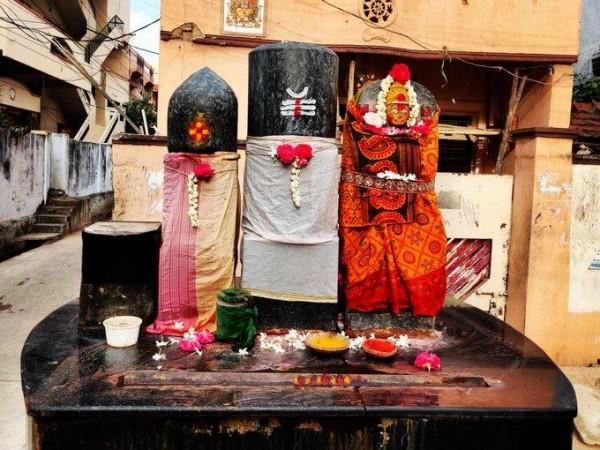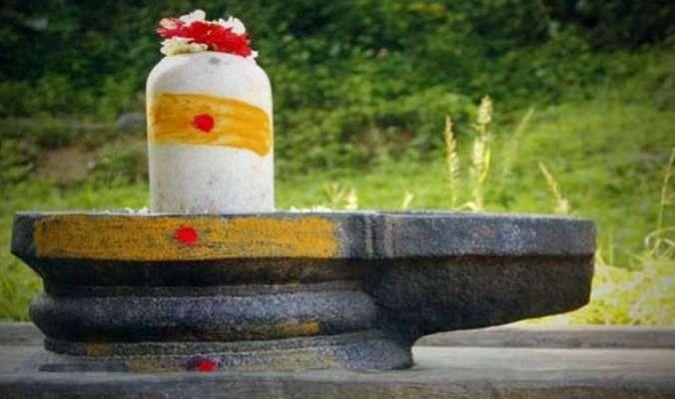The state of Telangana has been long known as a meeting place for diverse traditions and varied religious practices. Having a rich cultural history of about 5,000 years, Telangana is often referred to as the foremost center of art, literature, and other customs in the entire Indian subcontinent.
Over several centuries, the southern Indian state emerged as a region where multiple cultures coexist, the prime example of which are the cities of Hyderabad and Warangal. Along with its major cultural events, Kakatiya Festival and Deccan Festival, the people of Telangana also celebrate other religious festivals such as Bonalu, Bathukamma, Dasara, Ugadi, Sankranthi, Milad un Nabi and Ramadan with equal zest.

Among the very many cultures, there is one known as Bodroi which has not gained much recognition beyond Telangana, so far.
What does Bodroi entail?
Prevalent mostly in Warangal and several villages in the state, Bodroi is a special culture that centers around deities, as do many other traditions across the country. The name Bodroi originates from a word called 'Boddu' which refers to a set of stones 'Navel' and 'Raayi'.
Those who follow Bodroi believe that the very first deity started as natural stone but gradually took the shape of a Shiva Lingam over a considerable period of time. Since then, the followers have linked the said evolution of Bodroi with the development of villages as they started settling down around such deities.

Bodroi holds a lot of prominence to its followers
The culture of Bodroi is sacrosanct to the worshippers and is of much more significance to them than temples. One of the rituals requires individuals to pay their regards to the deities before entering into a village.
The process of setting up a new Bodroi takes at least 3 days and the villagers abstain from consuming alcohol and non-veg food and also do not indulge in gambling for the time being. Further, they cut off any sort of connection with the outside world as they believe that it compromises the sanctity of the deities.
The concept of Bodroi holds a lot of resemblance with the Gramadebati culture that is followed in the villages of Odisha. However, Odia people mostly worship a Goddess whereas Bodroi is believed to be gender-neutral.

















